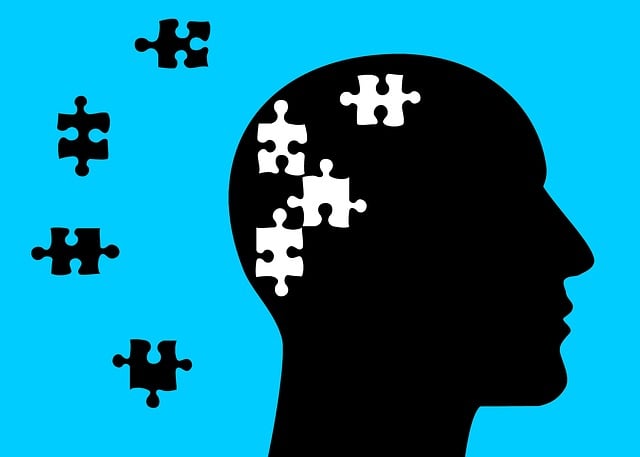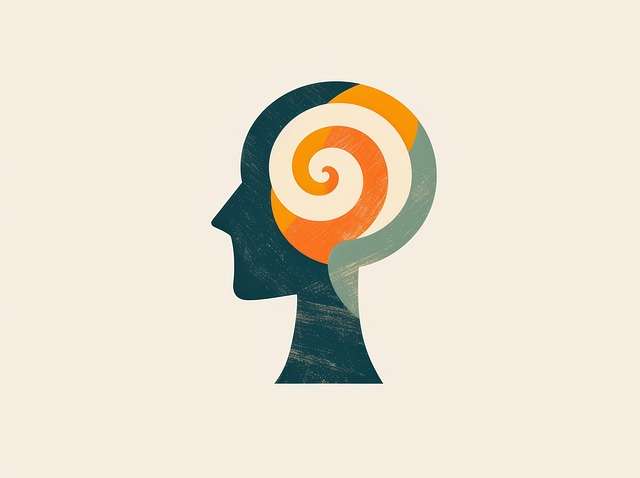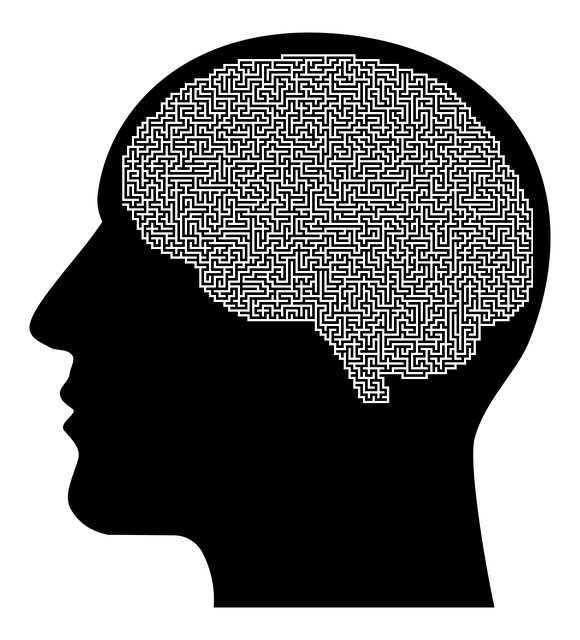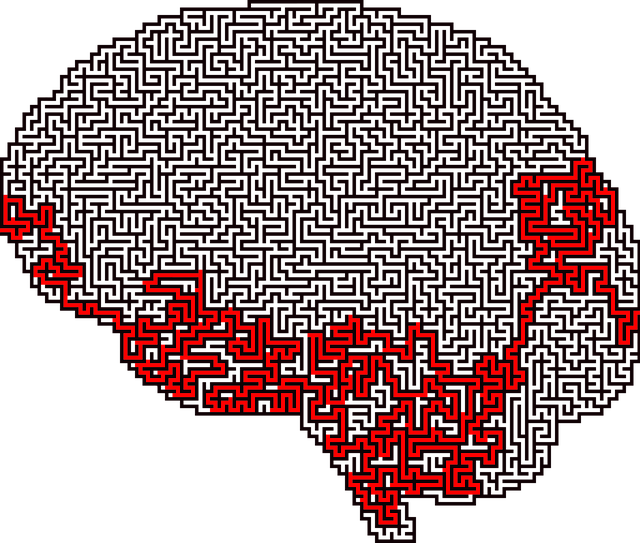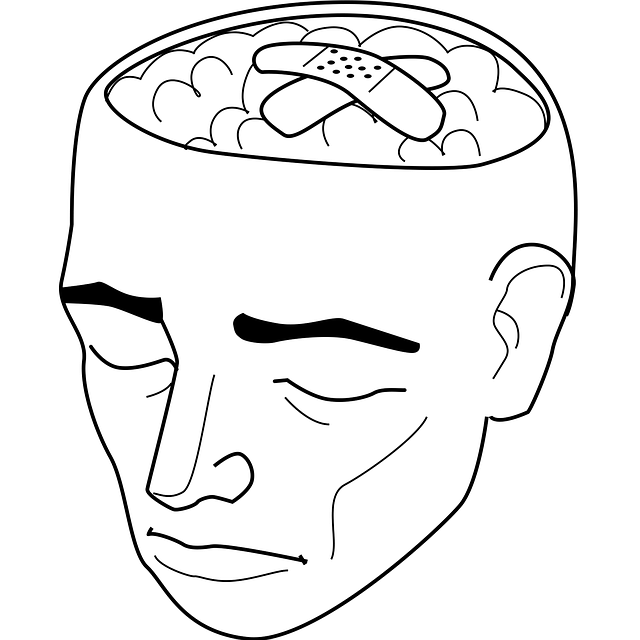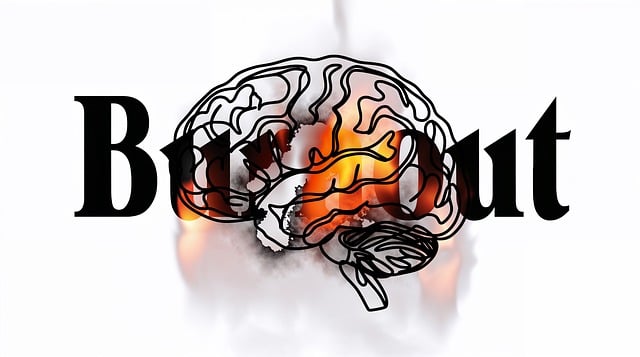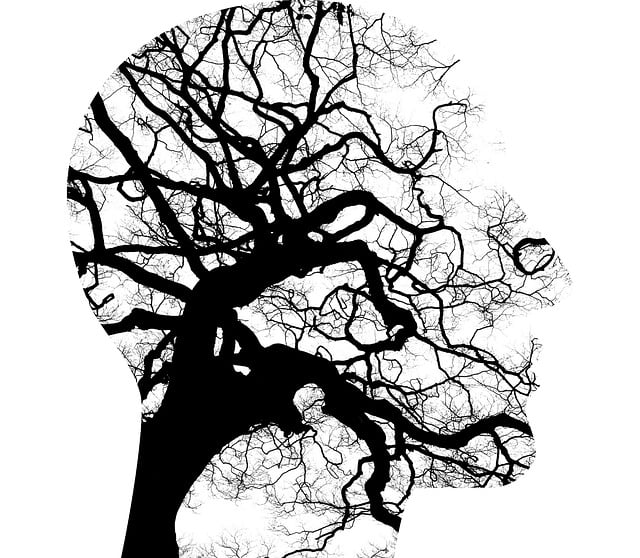Golden First Responders Therapy (GFRT) is an innovative mental wellness program designed for professionals in high-stress fields, aiming to prevent burnout through early intervention. It combines individual counseling, peer support, and mindfulness with emotional intelligence assessments to enhance stress management and coping strategies. GFRT's evaluation methods include quantitative and qualitative approaches, such as psychological assessments, cultural sensitivity, focus groups, and public awareness campaigns. The program ensures long-term resilience by continuously refining its interventions based on participant feedback and risk assessment, thereby improving patient care and career sustainability for mental health first responders.
“Uncovering the effectiveness of mental wellness programs is paramount, especially with innovative approaches like Golden First Responders Therapy (GFRT) gaining traction. This article explores comprehensive evaluation methods to assess the impact and improve such initiatives. We delve into GFRT’s unique methodology and its potential benefits for mental health support.
Through a structured analysis of metrics, techniques, and feedback loops, we guide readers on navigating the process of evaluating wellness programs, ensuring continuous improvement and positive outcomes.”
- Understanding Golden First Responders Therapy: A Unique Approach
- Evaluation Methods for Mental Wellness Programs
- Assessing the Impact: Metrics and Techniques
- Continuous Improvement: Feedback Loops and Adjustments in Program Design
Understanding Golden First Responders Therapy: A Unique Approach

Golden First Responders Therapy (GFRT) is a pioneering approach designed to cater to the unique needs of mental health professionals facing burnout and emotional exhaustion. This therapy recognizes that frontline workers, often referred to as “first responders,” encounter traumatic and demanding situations daily, which can significantly impact their mental wellness. GFRT focuses on early intervention to prevent burnout by helping these professionals develop robust emotional regulation strategies. Through a combination of individual counseling, peer support groups, and mindfulness practices, therapists facilitate a safe space for first responders to process their experiences and emotions.
The program’s core philosophy emphasizes the importance of self-care and resilience. It encourages mental health professionals to prioritize their well-being while fostering a supportive community among peers. By integrating evidence-based techniques tailored to their specific challenges, GFRT aims to enhance coping mechanisms and promote healthy work-life balance. This personalized approach not only aids in managing stress but also empowers first responders to effectively assess and manage risks related to mental health, thereby ensuring better patient care and long-term career sustainability.
Evaluation Methods for Mental Wellness Programs

The evaluation of mental wellness programs is a multifaceted process that leverages various methods to gauge effectiveness and identify areas for improvement. One innovative approach gaining traction is Golden First Responders Therapy, which integrates emotional intelligence (EI) into traditional therapy models, focusing on rapid and effective intervention during mental health crises. EI assessments play a crucial role in this method by measuring clients’ emotional awareness, self-regulation, and social skills, providing insights into their coping mechanisms and treatment progress.
Additionally, Risk Management Planning for Mental Health Professionals is an essential component of comprehensive program evaluation. This involves systematically identifying, assessing, and mitigating potential risks within the therapy setting, ensuring client safety and well-being. By integrating emotional healing processes and risk management strategies, mental wellness programs can offer more holistic care, fostering not just emotional recovery but also long-term resilience among participants.
Assessing the Impact: Metrics and Techniques

Evaluating the impact of mental wellness programs is a multifaceted process that goes beyond mere satisfaction surveys. Effective assessment requires a blend of quantitative and qualitative metrics to gauge not just improvements but also the long-term sustainability of positive changes. One such innovative approach, Golden First Responders Therapy (GFRT), employs advanced techniques like pre and post-intervention psychological assessments to measure shifts in mental health indicators. These assessments may include standardized questionnaires that evaluate symptoms of anxiety, depression, stress, and overall well-being.
Moreover, GFRT integrates cultural sensitivity in mental healthcare practice by considering the diverse backgrounds and experiences of participants. This involves gathering demographic data and tailoring evaluation methods accordingly, ensuring that metrics are culturally appropriate and relevant. Additionally, public awareness campaigns development can be leveraged to gather qualitative feedback through focus groups and interviews, providing insights into participants’ perceptions of their mental health improvements and the program’s overall effectiveness in fostering positive thinking.
Continuous Improvement: Feedback Loops and Adjustments in Program Design

Mental wellness programs strive for continuous improvement by actively incorporating feedback loops and adjustments into their design. This iterative approach is a cornerstone of effective therapy, particularly in specialized areas like Golden First Responders Therapy. Regularly gathering input from participants allows program developers to refine interventions tailored to unique needs, ensuring that each session resonates with the group’s evolving dynamics. By fostering an environment where open dialogue is encouraged, therapists can identify aspects that require enhancement, whether it’s adapting coping skills development strategies or refining resilience-building exercises.
The process involves assessing risk factors and mental health concerns among participants, which guides adjustments in program content and delivery methods. This proactive approach not only enhances the overall effectiveness of Golden First Responders Therapy but also underscores its adaptability to the changing landscape of mental wellness support. Through these feedback mechanisms, programs can remain dynamic, responsive, and aligned with best practices in promoting resilience and healthy coping mechanisms among their target audiences.
Mental wellness programs, like Golden First Responders Therapy, require robust evaluation methods to ensure their effectiveness. By employing a combination of metrics and techniques outlined in this article, we can accurately assess impact and facilitate continuous improvement through feedback loops. This approach not only optimizes program design but also ensures that resources are allocated efficiently to meet the evolving needs of participants. Embracing these evaluation strategies is a step towards enhancing mental wellness outcomes on a larger scale.

